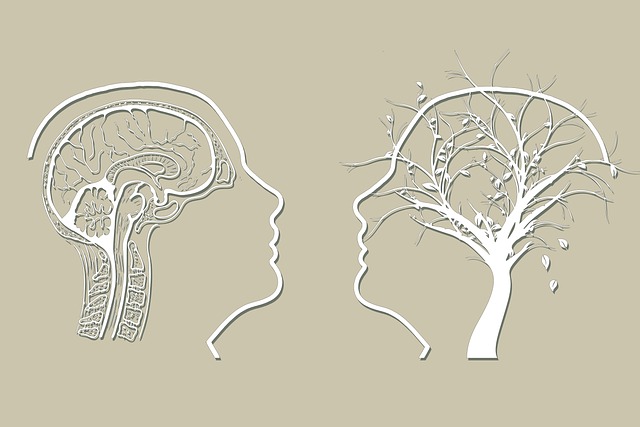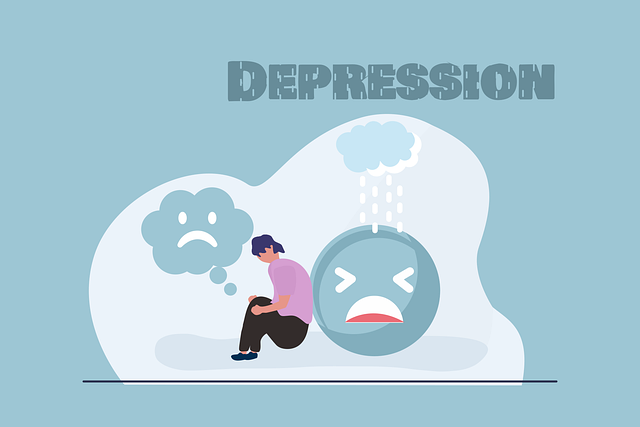Westminster Chronic Pain Therapy (WCPT) offers mental wellness groups and a podcast series to support individuals with chronic pain, addressing both physical and psychological aspects. Skilled facilitators create a safe, engaging environment through structured dialogue, empathy-building, and interactive practices. The holistic approach, incorporating diverse activities and multimedia resources, caters to various learning styles and needs, enhancing overall well-being for participants at WCPT.
At Westminster Chronic Pain Therapy (WCPT), mental wellness groups play a pivotal role in patient care. This article explores effective group facilitation techniques tailored to WCPT’s unique setting. We delve into understanding the dynamics of these groups and provide practical tips for leaders to create a supportive environment. By employing strategies that foster open communication, empathy, and shared experiences, facilitators enhance mental wellness outcomes for chronic pain sufferers at WCPT.
- Understanding Mental Wellness Groups at Westminster Chronic Pain Therapy
- Effective Facilitation Techniques for Group Sessions
- Creating a Supportive Environment: Tips for Group Leaders at WCPT
Understanding Mental Wellness Groups at Westminster Chronic Pain Therapy

Mental wellness groups at Westminster Chronic Pain Therapy serve as a supportive environment where individuals facing chronic pain can connect and share their experiences. These groups facilitate a sense of community, fostering open dialogue and understanding among members. Facilitators, often mental health professionals, guide discussions, ensuring every voice is heard and respected. The approach is holistic, addressing not just physical discomfort but also the psychological impact of chronic pain, which can significantly influence one’s overall well-being.
Westminster Chronic Pain Therapy offers more than just in-person meetings; they also produce a Mental Wellness Podcast Series to reach a wider audience. This multimedia component enhances their support system by providing confidence-boosting and self-esteem improvement content, making mental wellness resources accessible to those who prefer or need alternative learning methods. The podcast series further underscores the organization’s commitment to innovative mental wellness group facilitation techniques, ensuring that people from diverse backgrounds can find help tailored to their unique needs.
Effective Facilitation Techniques for Group Sessions

Effective facilitation techniques are key to fostering a safe and supportive environment for mental wellness group sessions at Westminster Chronic Pain Therapy. A skilled facilitator should begin by establishing clear goals and structure, ensuring every participant feels heard and valued. This involves active listening, open-ended questions, and facilitating open dialogue while maintaining boundaries.
Incorporating strategies such as Trauma Support Services, emotional regulation techniques, and empathy building can profoundly enhance the group experience. These methods not only promote understanding among members but also encourage participants to develop coping mechanisms tailored to their unique experiences. Through interactive activities, reflective exercises, and peer support, facilitators can guide individuals towards improved emotional well-being, ultimately enriching the overall effectiveness of group therapy sessions.
Creating a Supportive Environment: Tips for Group Leaders at WCPT

Creating a supportive environment is paramount for successful mental wellness group facilitation at Westminster Chronic Pain Therapy (WCPT). Group leaders play a pivotal role in fostering an atmosphere where participants feel safe to express their feelings, share experiences, and engage openly. To achieve this, leaders should prioritize active listening, ensuring every voice is heard without judgment. Building rapport with individuals through genuine interest and empathy helps break the ice and encourages participation.
Additionally, establishing clear boundaries and expectations from the outset is crucial for risk management planning in mental health professional settings. Group leaders at WCPT should guide members on appropriate behavior, confidentiality, and privacy, ensuring a structured yet nurturing environment. Incorporating diverse activities, such as guided discussions, interactive exercises, or mindfulness practices, can enhance engagement and cater to different learning styles, ultimately enriching the group experience.
Mental wellness group facilitation plays a pivotal role in institutions like Westminster Chronic Pain Therapy (WCPT), fostering supportive environments that empower individuals navigating pain. By employing effective techniques discussed, facilitators at WCPT create safe spaces for sharing, education, and mutual support, ultimately enhancing participants’ mental wellness and quality of life. These strategies are instrumental in the holistic approach to chronic pain management offered by WCPT.














